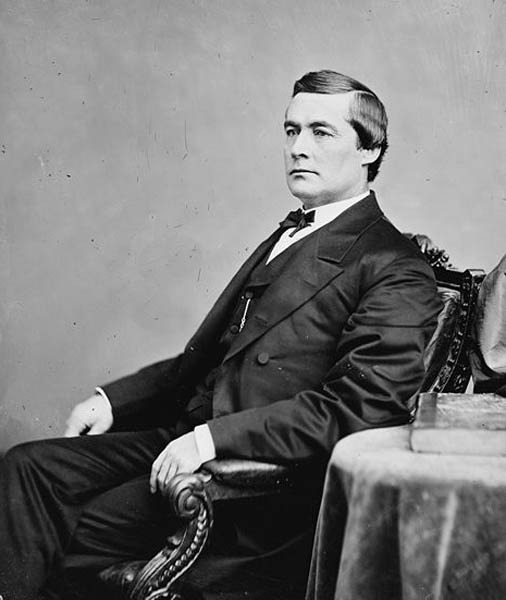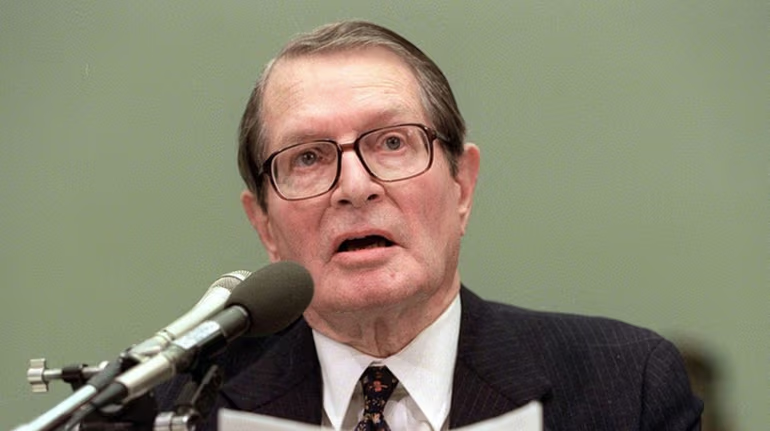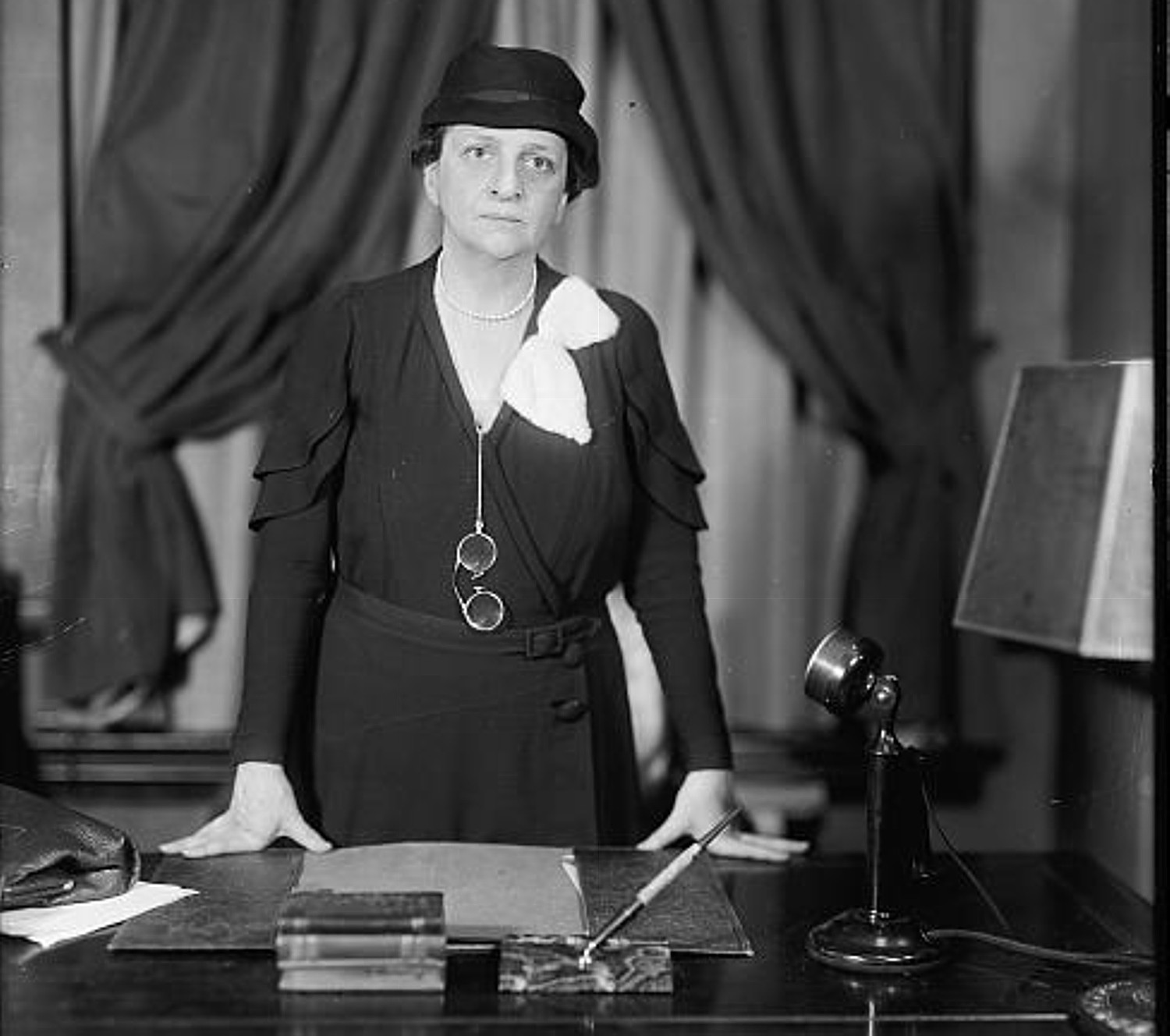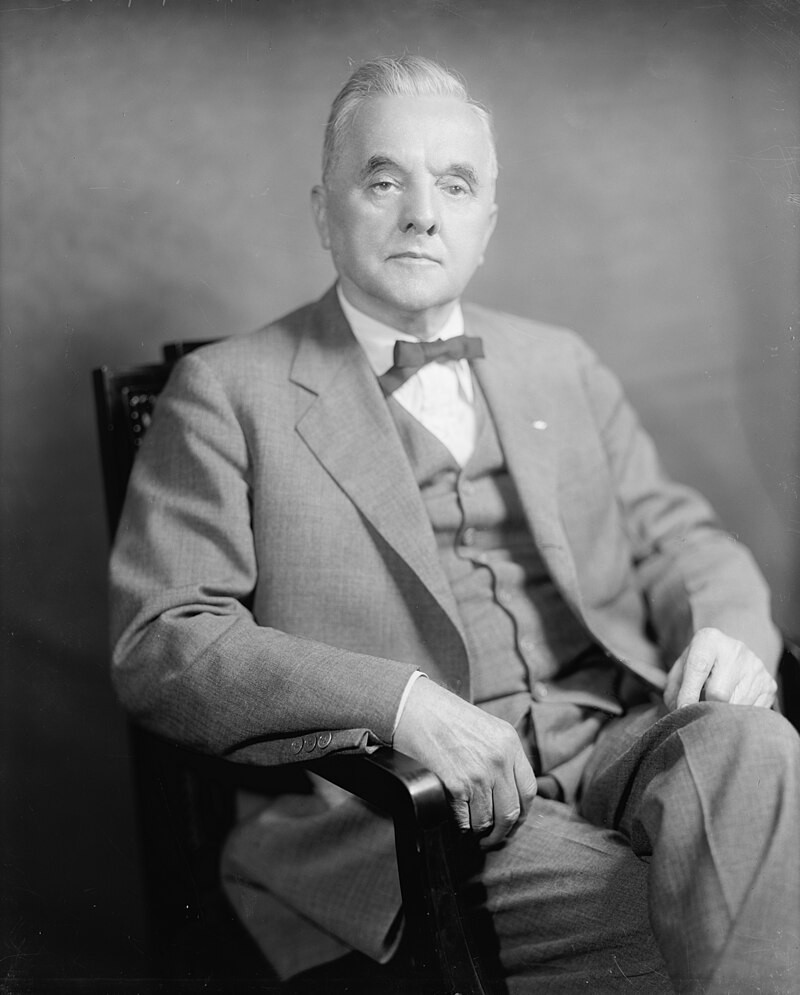One of the pleasureable aspects of being a writer is meeting and speaking with many interesting people; people with their own stories of principle.
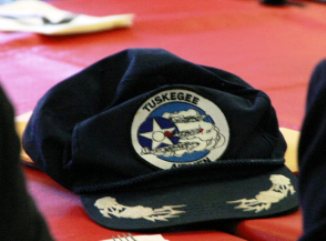
Two examples are Sam Broadnax and Art Harmon. Both were part of the elite fighter pilot group known as the Tuskegee Airmen. And both have a clear understanding of what they stand for.
Sam Broadnax has had a varied career. After serving as a fighter pilot for the Tuskegee Airmen, he was a lab technician and an engineering technician and retired as a newscaster at KSFO radio in San Francisco. Sam currently serves as president of the San Francisco Bay Chapter of Tuskegee Airmen, Inc. Among the programs the chapter sponsors is an annual Summer Flight Academy for “at risk” kids 14-18 years of age. His response to my “What do you stand for?” question focuses on the outcome of acting in an honest and forthright way.
“I have for years been guided by the principle of Trust. The given word, the handshake, the written signature, or a combination of all three form the leading principle which has been molded into my conduct. It is this unvarying trust that gives substance to character and an unequivocal meaning to respect. I speak not of trust that means… ‘I trust you are well,’ or ‘We trust you will do the right thing.’
“When I was a teenager, my foster mother once accused me of physically harming our miniature French poodle. Despite my protestations of innocence, my punishment was the silent treatment for more than a week. Then it so happened that a neighbor down the street inquired how Fritz was since she had seen him in a furious dogfight with an animal four times his size. When my foster mother returned, she found the hole in the fence that Fritz had used in his untimely escape. The truth unfolded in obvious order and I was forgiven. I was told that I would always be trusted from that moment on. The effect of that incident has remained to this day an important segment in my foundation of principles.”
Art Harmon volunteered for the Army Air Corps while in high school. His training ultimately resulted in an assignment as a pilot with the legendary TuskegeeAirmen. While attending Pepperdine College in California, Lt. Harmon was recalled to active duty during the Korean conflict where he saw duty in the Strategic Air Command, Far East Air Force and other assignments. As a member of the San Francisco Bay Chapter of the Tuskegee Airmen, Inc., Colonel Harmon currently works on a variety of projects to help ‘at risk’ kids. His response focuses on the importance of perseverance.
“One principle that has been a guiding light, almost an obsession – the no compromise position I have adhered to for as long as I can remember – is to respect the dignity of others regardless of my relationship with them. The difficulty of applying that principle in every situation is apparent but I think that the formula for successful interaction throughout a lifetime depends upon your ability to access each encounter based on your acknowledgement of worth regardless of a conflict of ideas.
“As an African-American, I am tested almost daily on my principle. However, I have found strength, not by turning the other cheek, but by stubborn determination to achieve in spite of obstacles, real or imagined.
“As a young aviation cadet in Macon County, Alabama in 1943, I was made aware of a local sheriff whose hatred of Negroes was legendary. As long as we confined our activities to the campus, we were fine. But, as soon as you went off campus, you could feel the atmosphere change. When the sun went down, you best be either on campus or on the military installation someplace. There were indications of harassment and beatings if you were out after dark.
“I think it’s important to set goals for yourself. At the time, my goal was graduating from aviation school. If the obstacle is a sheriff in a local town, I avoid the sheriff. I won’t confront him because he’s not part of my goal. So, I try to eliminate that obstacle by avoiding it.”
Comments


